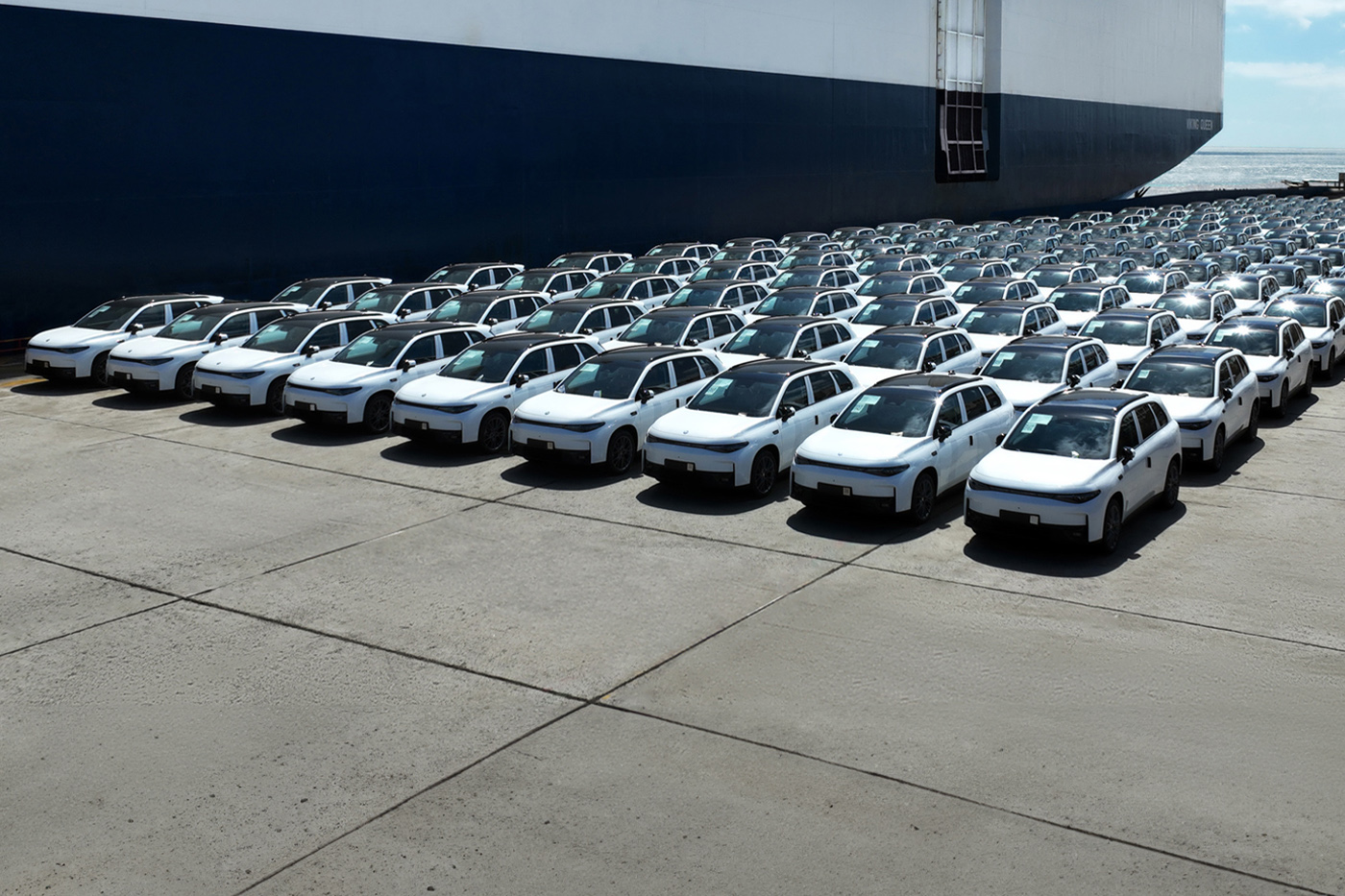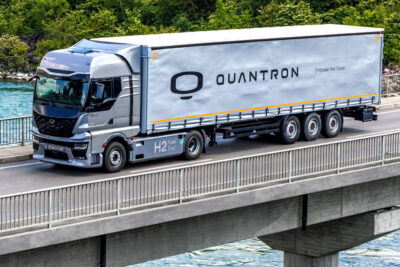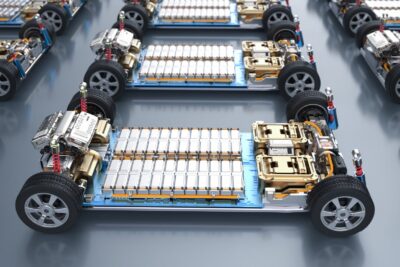
EU member states vote in favour of special tariffs for Chinese EVs
The EU Council, i.e. the member states, cast their ballot on the planned special tariffs on imported electric cars from China – and voted in favour.
“Today, the European Commission’s proposal to impose definitive countervailing duties on imports of battery electric vehicles (BEVs) from China has obtained the necessary support from EU Member States for the adoption of tariffs,” the EU Commission said. “In parallel, the EU and China continue to work hard to explore an alternative solution that would have to be fully WTO-compatible, adequate in addressing the injurious subsidization established by the Commission’s investigation, monitorable and enforceable.”
Germany is said to have voted against the plans (as expected) but to stop the tariffs, it would have needed a minimum of 15 member states representing at least 65 per cent of the EU population to vote against the measure. That was unlikely to happen, especially as France and Italy said they would vote ‘yes’ on the matter.
The Commission did not specify which EU states voted which way in the short statement announcing the overall result. According to unconfirmed information, ten states are said to have voted in favour of the special tariffs (Bulgaria, Denmark, Estonia, France, Ireland, Italy, Lithuania, Latvia, the Netherlands and Poland), five against (Germany, Hungary, Malta, Slovenia and Slovakia) – twelve states are said to have abstained (Belgium, the Czech Republic, Greece, Spain, Croatia, Cyprus, Luxembourg, Austria, Portugal, Romania, Sweden and Finland).
| Manufacturer | Provisional special duties | Total import duties |
|---|---|---|
| BYD | 17.0 % | 27.0 % |
| Geely | 19.3 % | 29.3 % |
| SAIC | 36.3 % (35.3%)* | 46.3 % (45.3%)* |
| Tesla | 9.0 % (7.8%)* | 19.0 % (17.8%)* |
| Co-operating companies | 21.3 % | 31.3 % |
| Others | 36.3 % (35.3%)* | 46.3 % (45.3%)* |
With the adoption of the plans in the EU Council, the last hurdle has now been cleared so that the special tariffs can come into force in November. The EU Commission has to publish its final decision by 30 October. Until then, negotiations with China about a possible way around the special tariffs could continue. Previous talks have led the Commission to push back the vote by a few days, but that was really the only victory Chinese carmakers can claim so far.
Special duties will not apply retroactively after all
The special duties are still provisional. That means that they have already been calculated in the background since 5 July but have not yet been collected. Contrary to earlier plans, the EU announced in August that the special duties would not be applied retroactively back to 5 July – because the legal requirements for this had not been met. That means only the definitive duties will apply – probably from November 5 for a period of five years.
The EU Commission proposed the special tariffs in the summer following a month-long anti-subsidy investigation. They will be levied in addition to the already applicable ten per cent import duty. The tariffs will be manufacturer-specific and depend on the amount of subsidies identified in the investigation. The rates have been adjusted several times since they were first announced in July. In future, BYD will be subject to a special duty of 17 per cent, Geely 18.8 per cent and SAIC 35.3 per cent. Tesla has to factor in an additional 7.8 per cent – Tesla operates the Giga Shanghai itself and not in the form of a joint venture with a Chinese manufacturer. As a result, Tesla has also received fewer subsidies in China and thus has a smaller competitive advantage, according to the EU Commission.
All other manufacturers have to pay at least a 21.3 per cent special duty when importing China-made EVs to the EU. That rate applies if a manufacturer cooperated with the EU during the investigation. If they did not, they have to pay 35.3 per cent. For German car manufacturers, it depends on whether they and their Chinese joint venture partners were cooperative during the investigation. In the case of SAIC-VW, for example, the maximum rate of 35.3 per cent applies.




0 Comments